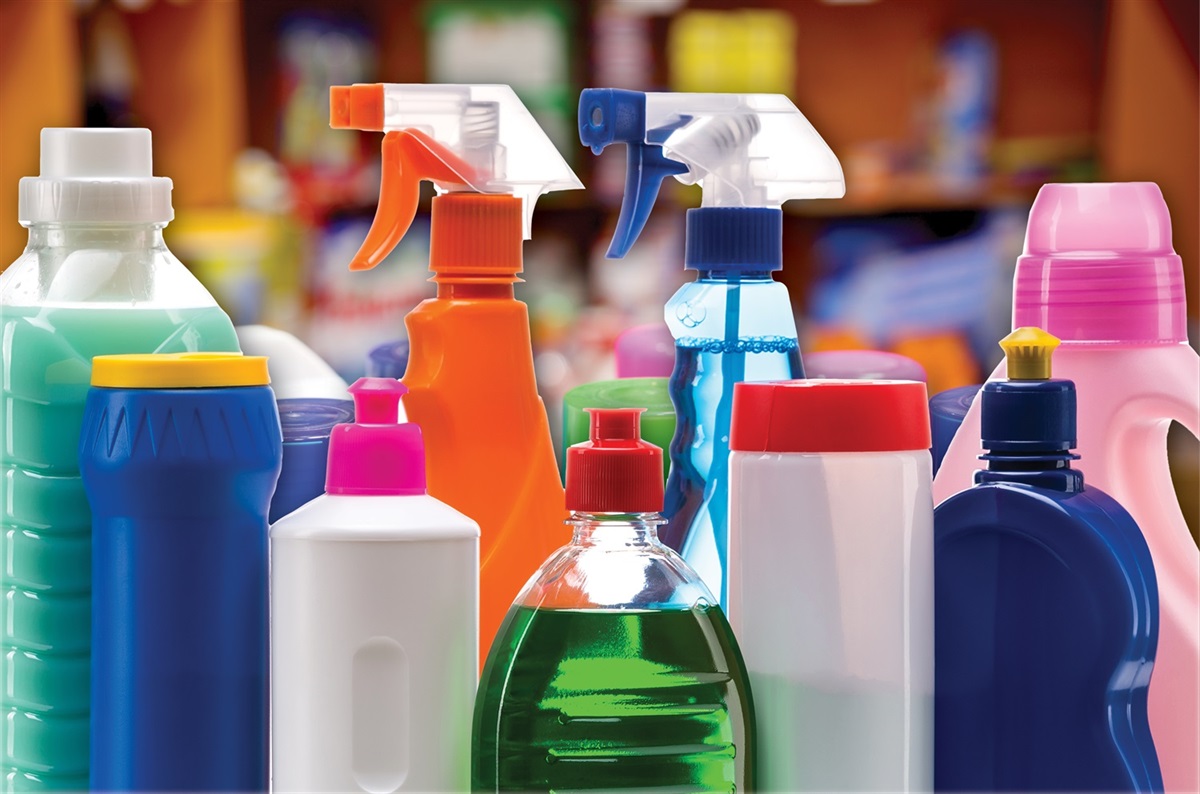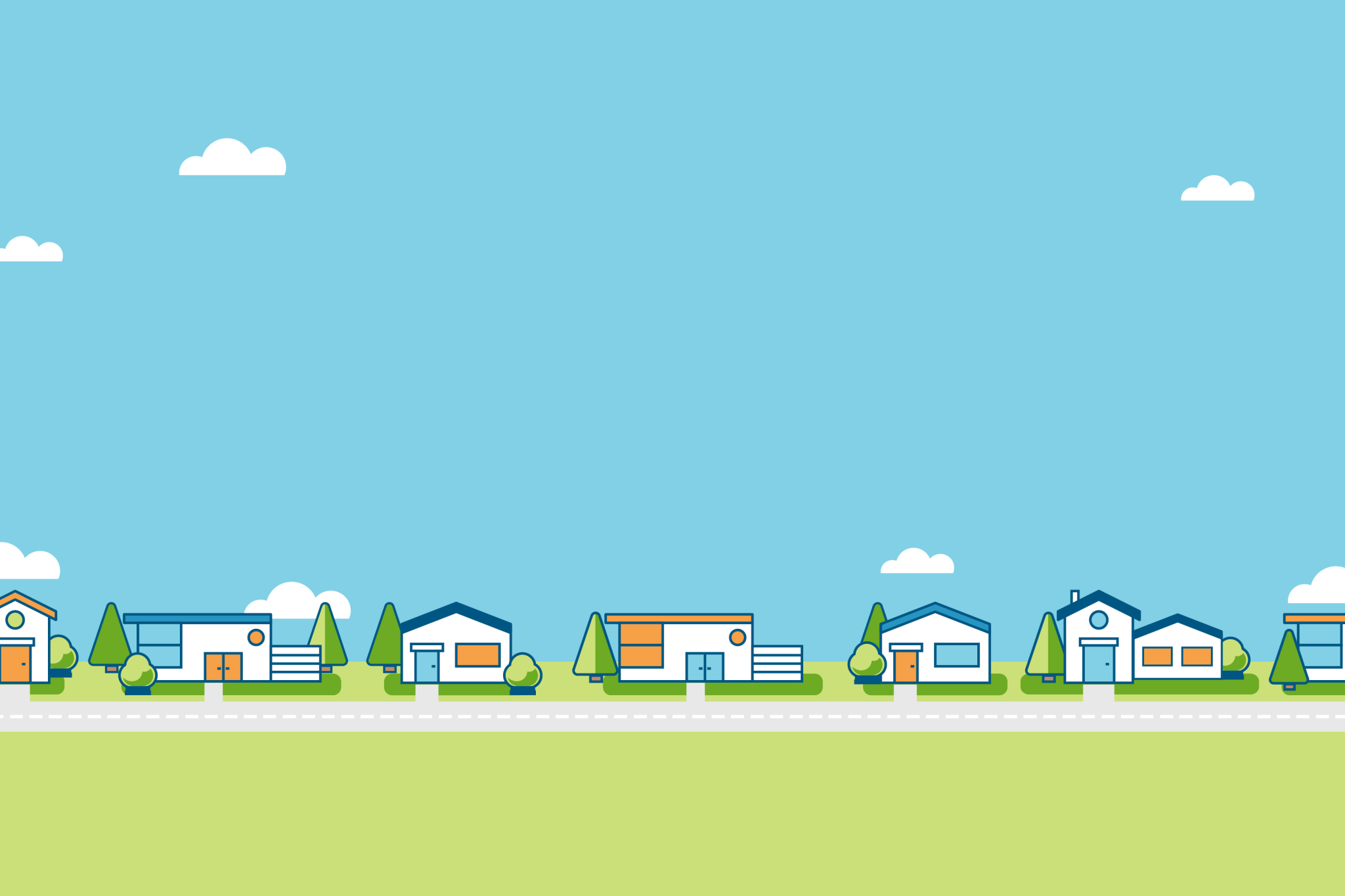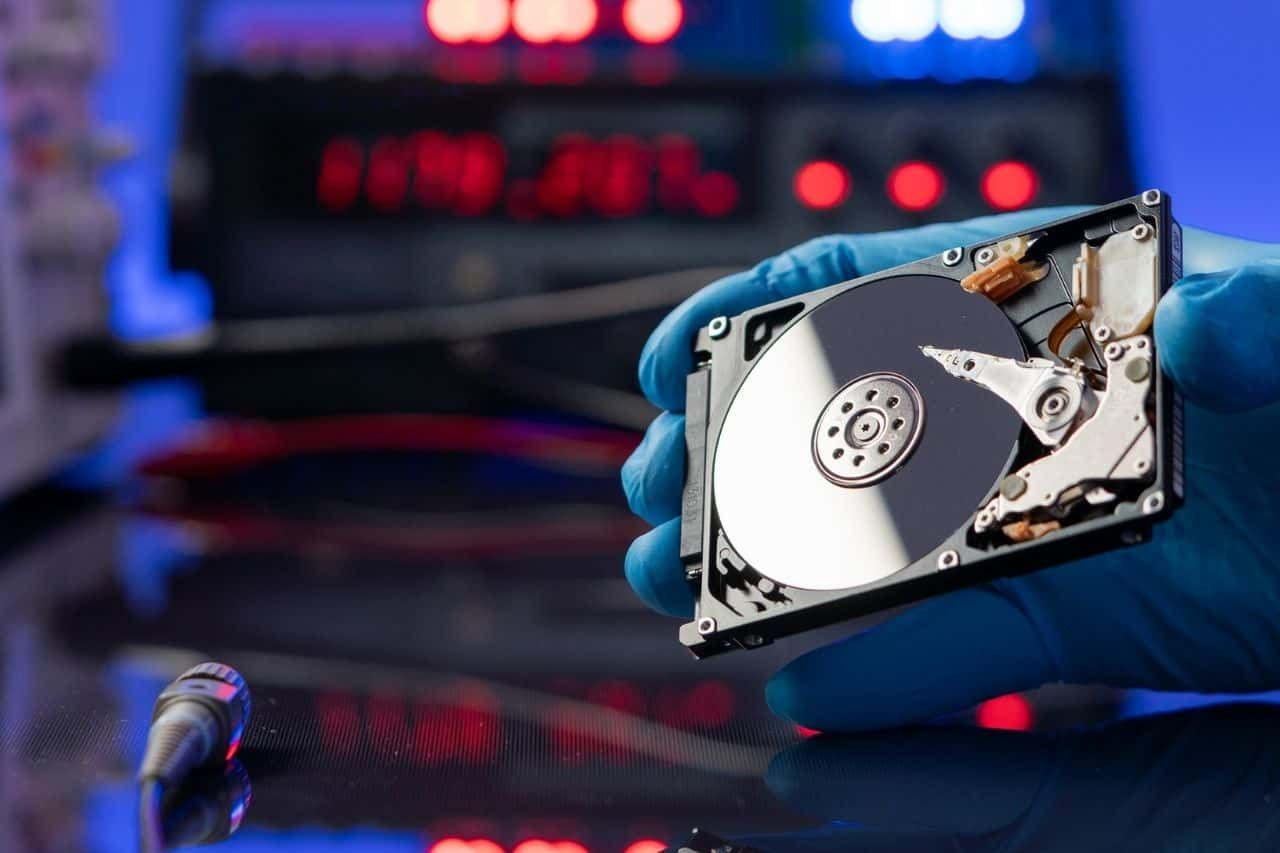
Household Hazardous Waste Disposal: A Responsible Approach
Understanding Household Hazardous Waste
Household hazardous waste includes items that are harmful to human health and the environment if not disposed of properly. Common examples are batteries, cleaning chemicals, paints, pesticides, and electronic devices. These materials often contain toxic substances that can contaminate soil, water, and air if not handled responsibly.
The Importance of Responsible Disposal
Improper disposal of household hazardous waste poses serious environmental and health risks. When these substances end up in landfills or are poured down drains, they can leach into the soil and water, causing pollution. Additionally, some materials can release harmful fumes if incinerated, contributing to air pollution. Responsible disposal is crucial to protect our environment and the well-being of communities.
Identify and Sort
The first step in responsible household hazardous waste disposal is to identify and sort the materials you have. Create separate piles for different types of waste, such as chemicals, electronics, and batteries. Check product labels for disposal instructions and warnings. This initial sorting process sets the stage for safe and efficient disposal.
Local Recycling and Collection Programs
Many communities offer local recycling and collection programs for household hazardous waste. Research and identify these programs in your area. They often provide drop-off locations or scheduled collection events where residents can safely dispose of their hazardous materials. These programs are designed to ensure proper handling and recycling of these potentially harmful substances.
Donation and Reuse Opportunities
Before disposing of certain items, consider whether they can be donated or reused. Electronics, for example, may be accepted by local organizations or charities that refurbish and distribute them to those in need. Donating usable items not only reduces waste but also benefits others in the community.
Professional Hazardous Waste Disposal Services
For items that cannot be recycled or donated, consider utilizing professional hazardous waste disposal services. These services specialize in handling and disposing of hazardous materials in an environmentally responsible manner. Some companies offer pick-up services, making it convenient for homeowners to ensure the safe removal of these materials from their premises.
DIY Disposal with Caution
If you choose to dispose of household hazardous waste on your own, exercise extreme caution. Follow guidelines and safety recommendations provided by your local waste management authorities. Always wear protective gear, such as gloves and a mask, and carefully follow the specified procedures for each type of material.
Educate and Raise Awareness
Responsible disposal extends beyond individual actions. Educate yourself and others in your community about the importance of proper household hazardous waste disposal. Share information on local programs, recycling options, and the potential impact of improper disposal. By raising awareness, you contribute to a collective effort to protect the environment.
Dispose of Household Hazardous Waste Responsibly – A Call to Action
As responsible citizens, we have a duty to dispose of household hazardous waste in an environmentally conscious way. Visit Dispose of Household Hazardous Waste Responsibly to access additional resources and tips on proper disposal methods. Together, let’s take proactive steps to protect our environment and create a safer, healthier community for everyone.
Conclusion
In conclusion, responsible disposal of household hazardous waste is essential for environmental preservation and community well-being. By understanding the nature of these materials, utilizing local recycling programs, considering donation opportunities, and educating others, we can collectively reduce the environmental impact of hazardous waste. Taking these steps ensures that our homes remain safe, our communities thrive, and our planet stays healthy for future generations.







